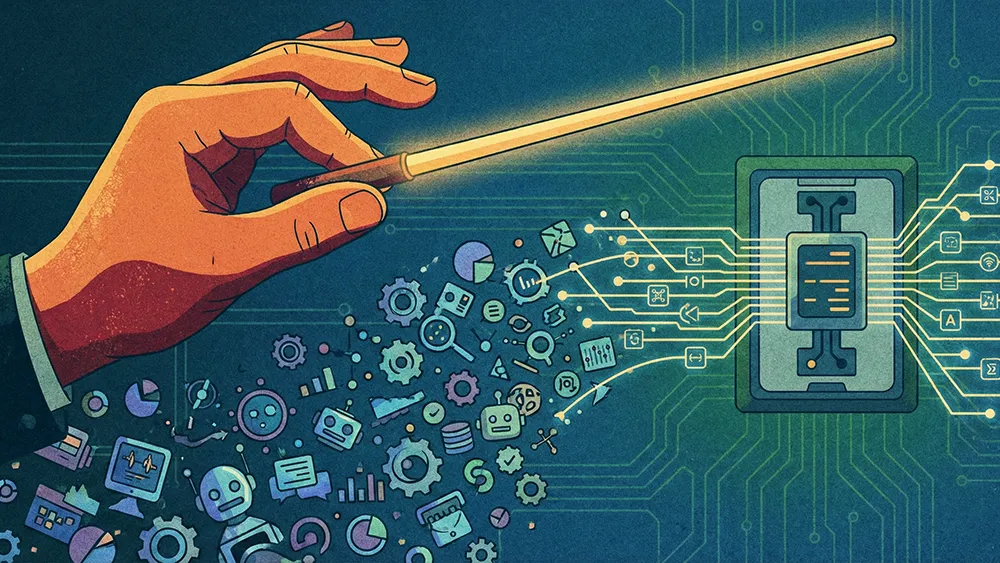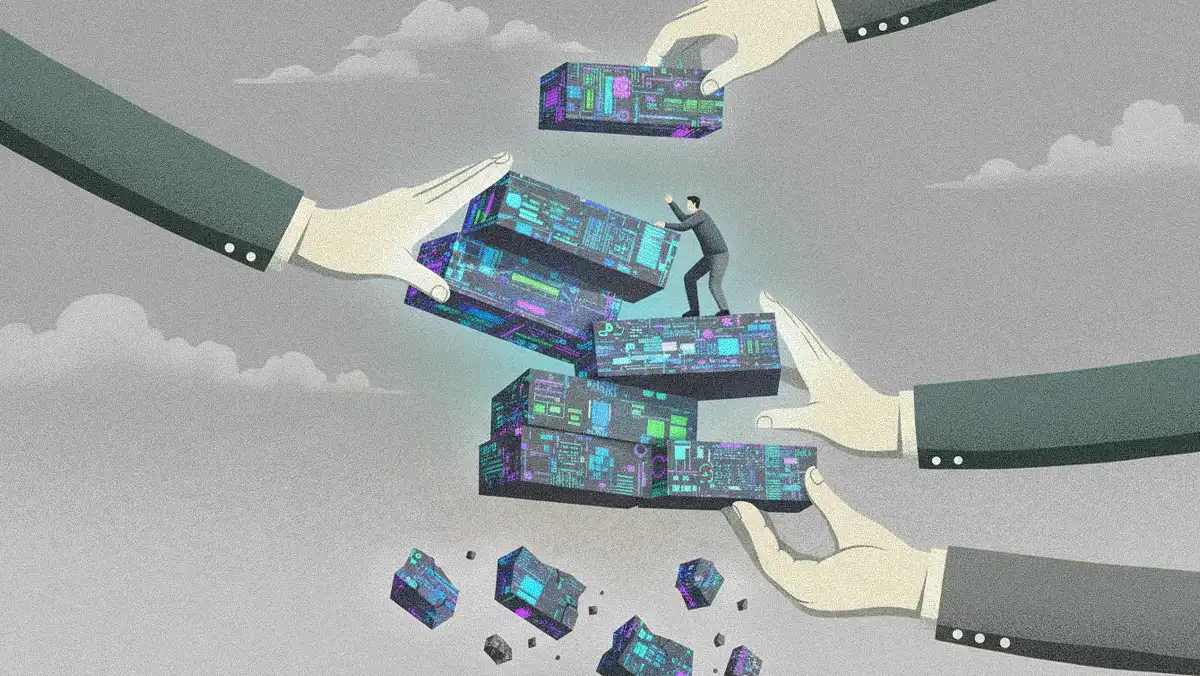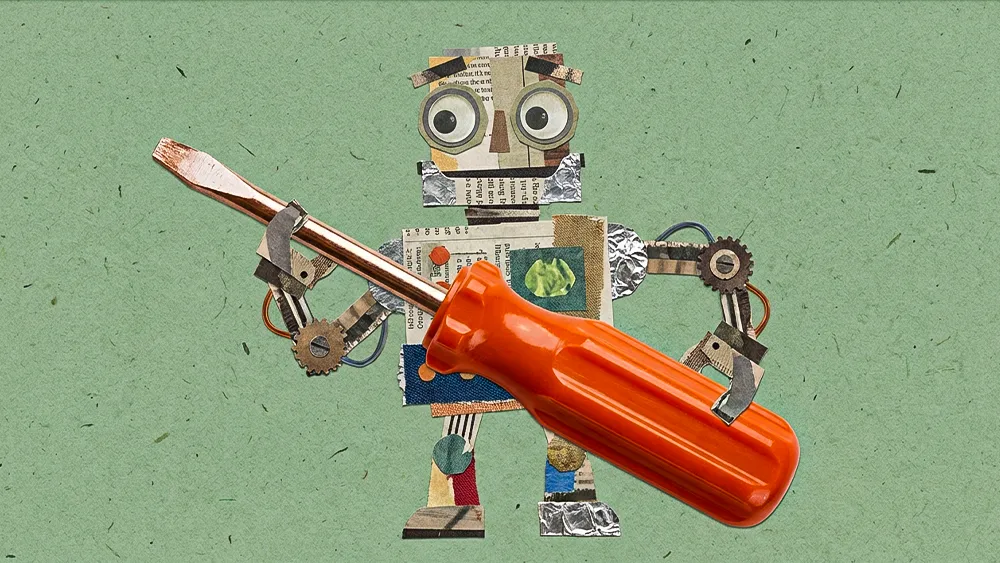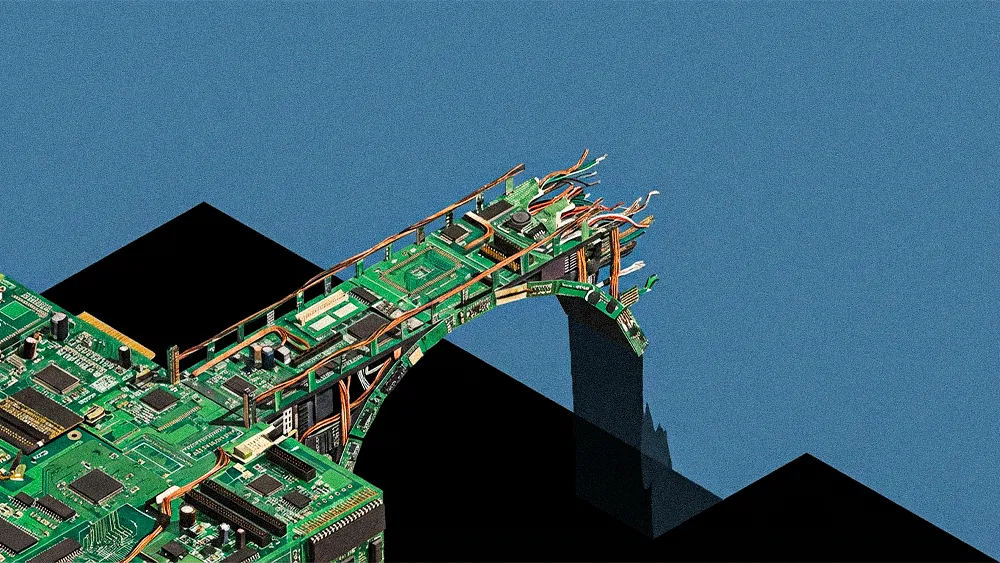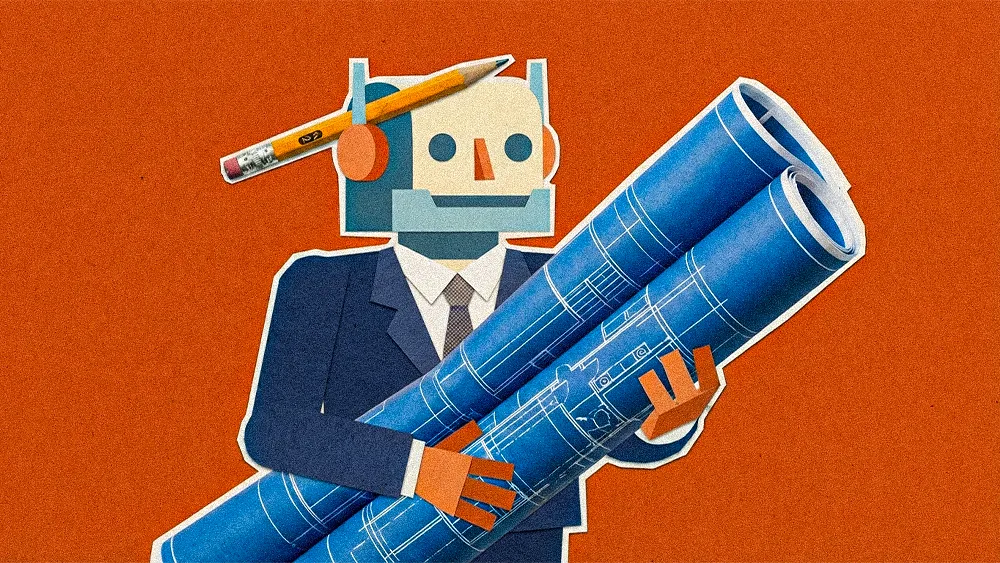Not every AI update is a breakthrough. As new ChatGPT models roll out via API, headlines focus on breakthroughs—but the real shift is in the slow, steady climb of practical improvements. For those embedding these tools into real workflows, the hype rarely matches the hands-on experience.
Alexander Wolski, Head of Communications and Deputy CMO at Bluespace Ventures—a company digitizing the Swiss healthcare system—offers a grounded take on what today’s models are actually delivering.
Coming soon: "Think of these new AI models like exciting movie trailers," says Wolski. "They’re great to watch and fun to use, but they're just teasers. We're all still waiting for the 'big bang'—the main feature film—which we anticipate with something like GPT-5."
Wolski sees value, but not a revolution. "It's not as mind-blowing as everyone is saying, at least not yet," he says. "We’re only seeing first impacts in training data where it makes it easier for people to get the information they want, especially in areas like customer service."
The token advantage: "It was long overdue," says Wolski, referring to OpenAI finally expanding token limits to match other models. For anyone handling large volumes of data, the difference is immediate. "If a patient brings in a full medical record—20 years’ worth—we used to have to chop it down," Wolski explains. Now, entire records can be processed in one go. "It makes accessing and using AI support much easier," he adds, noting the same benefit applies to tasks like reviewing lengthy legal documents.
Now we're talking: Beyond token capacity, Wolski observes a subtle but important shift in how users interact with the AI. "From my point of view, it really highlights the collaborative style that we're now seeing," he says. "The AI now picks up on what you're trying to achieve, and you can have a real conversation about the outcome you want, especially in a chat-based interface."
This, he believes, marks the start of something bigger. "It can be what Microsoft proposed: your copilot—your everyday coder, creator, communicator," says Wolski. The clearer you ask, the clearer you get an answer. "It's the beginning of the future of collaborative AI. But it’s only the start."
The Google shadow: Despite a rocky start, Wolski sees Google as a serious contender in the AI race. While ChatGPT may currently outperform Gemini, he points to one glaring weakness: web search. "I think we’ll see big developments there," says Wolski. "They have to, because otherwise Google is going to steal the show.”
What gives Google the edge? Firepower. "Take into account the resources Google is investing into their model," he notes. "In the end, they have the money and the firing power to simply buy the code they need. OpenAI has strong backing, but is that enough long term?" Wolski questions. "I think Google simply has more dry powder in the room."
Permanent record: As models grow more sophisticated, Wolski flags the risks tied to AI memory. "It’s great the model learns. It has memory, with all the pros and cons," he says. "But in a company or enterprise context, that can be very scary. Who’s taking care of erasing that memory? I would be very cautious," warns Wolski.
He warns against feeding historical data into systems that can’t forget. "It’s like the early Internet—nothing ever disappears. You completely lose ownership of your data in ways you never imagined," says Wolski. "The discussion around ethical standards is long overdue."
Deepfake dilemma: Wolski flags another fast-moving threat with massive societal implications: deepfakes. "It’s the most exciting stuff there is," he says. "But it’s going to change the entire way we look at social media content in the next 12 to 16 months—and not in a good way."
"It’s a huge topic, and it’s terrible," he warns. "We need a real discussion about how to handle this, because it’s now perfectly possible to create videos that look like you’re talking to a real person—but you’re not."




